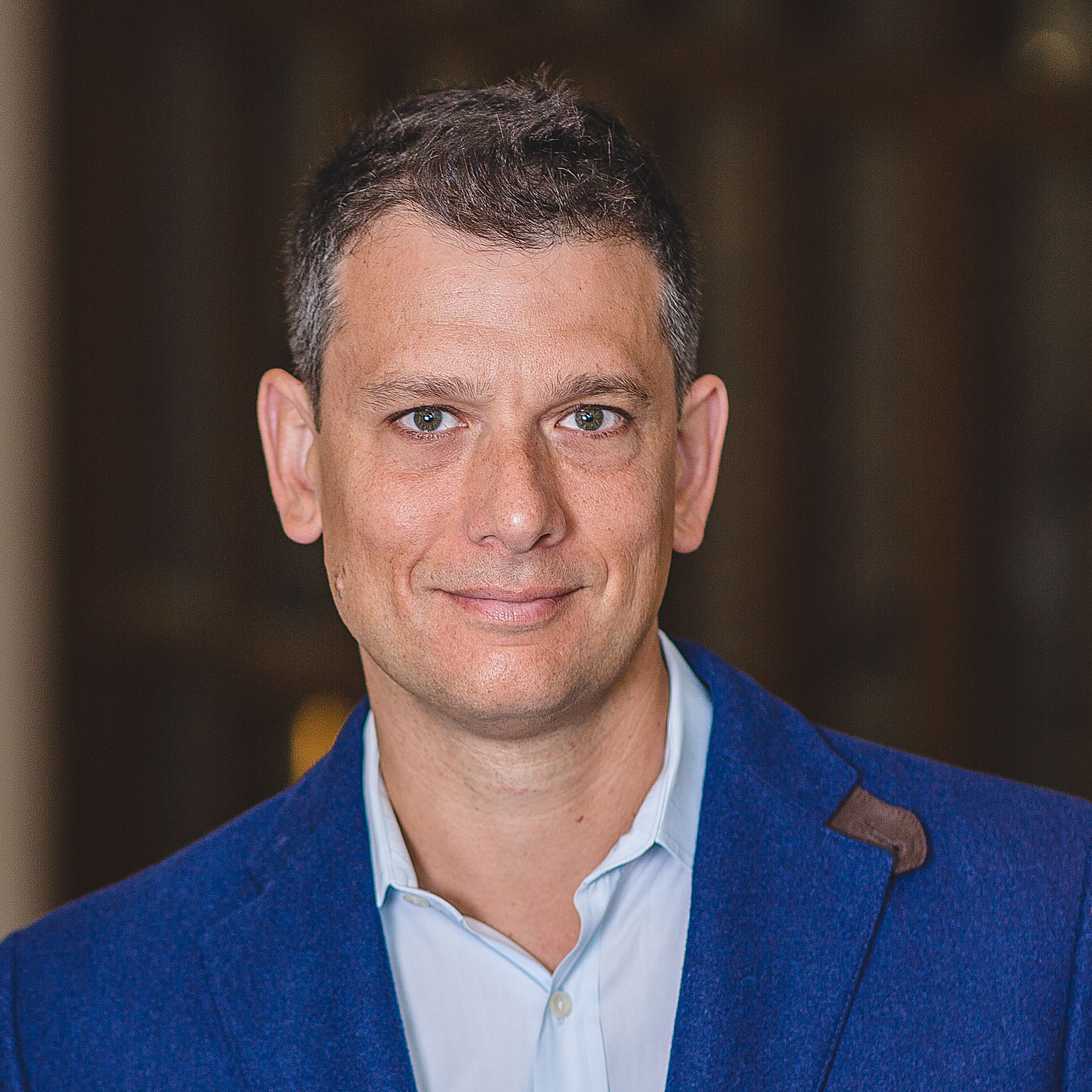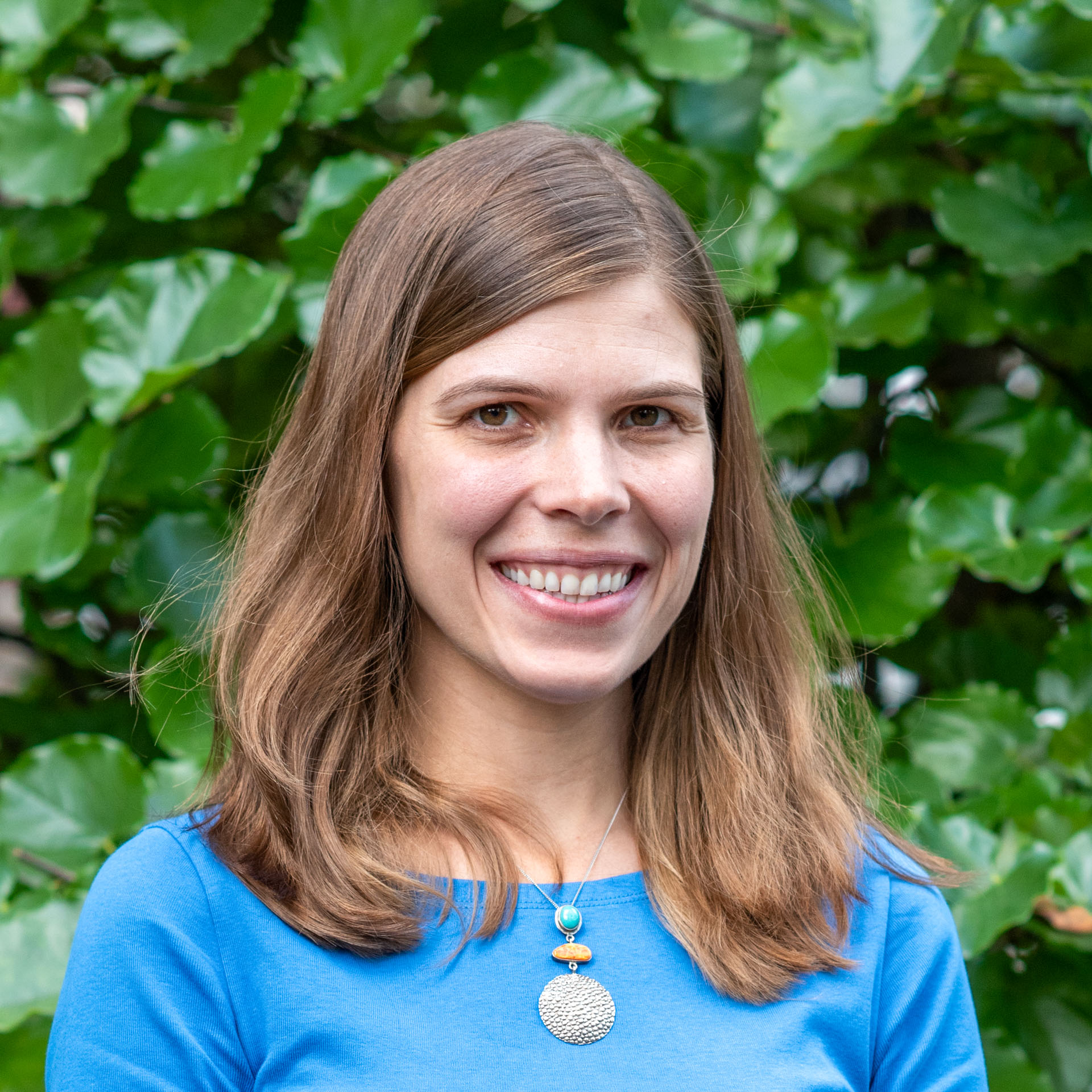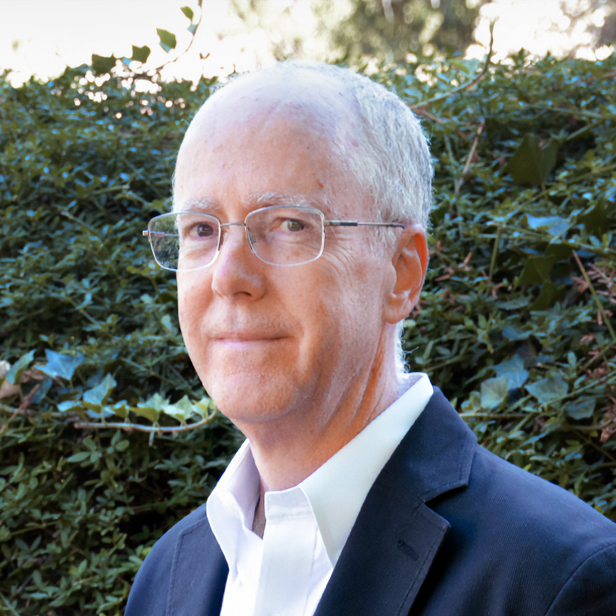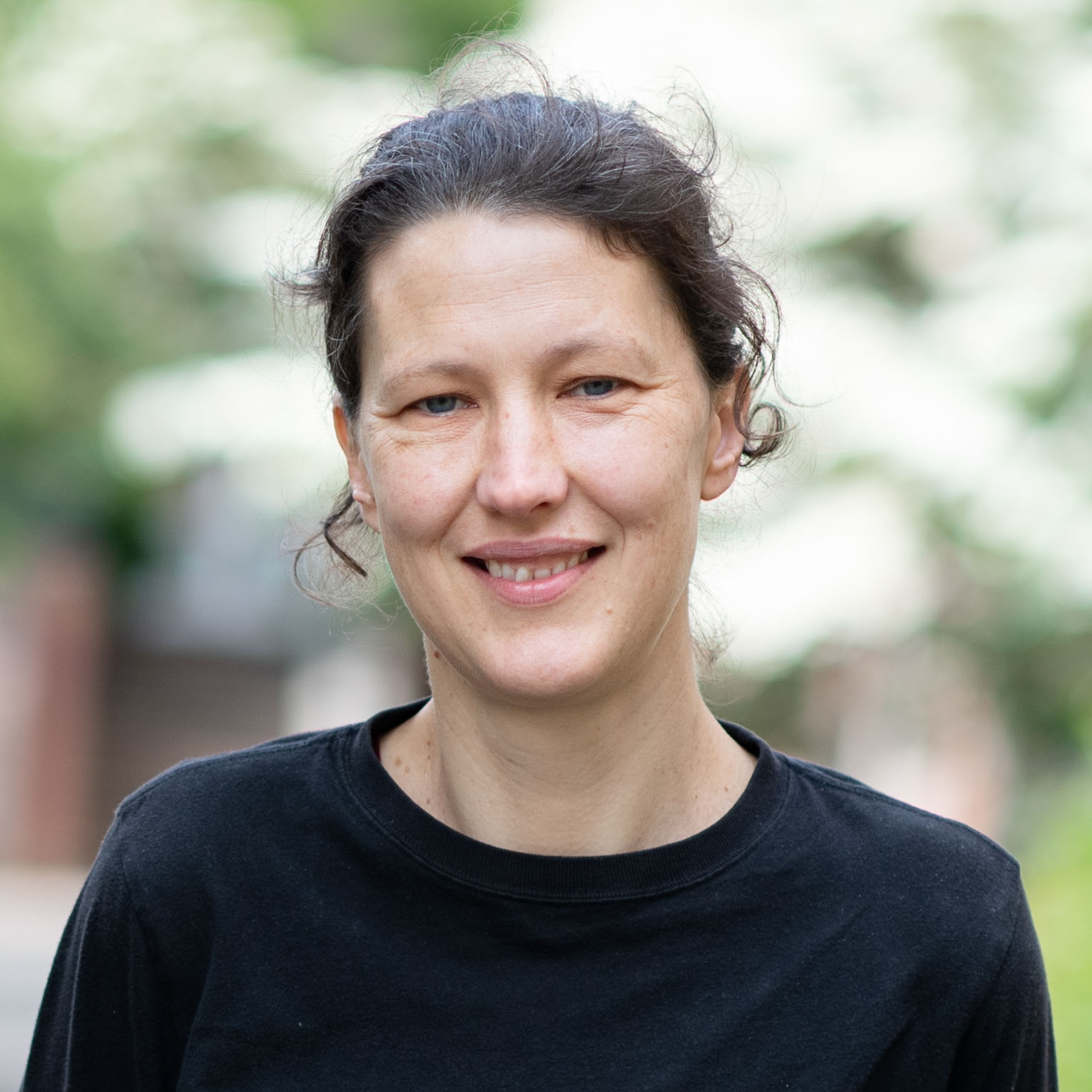
Gabriel Vecchi

Pete Briger ’86 and his wife, Devon Briger, have made a major gift in the Venture Forward campaign, supporting the construction of the environmental studies building at Princeton University. Their gift to name Briger Hall will strengthen and expand Princeton’s science and scholarship regarding some of humanity’s most pressing and interconnected challenges, including climate change, biodiversity, water resources, energy and infectious disease.
“This marvelous gift makes possible a state-of-the-art building that will facilitate groundbreaking teaching and research in the environmental sciences,” said President Christopher L. Eisgruber ’83. “I am deeply grateful to Devon and Pete for their generosity and their abiding commitment to interdisciplinary research. The inspirational teaching and creative inquiry conducted in Briger Hall will benefit our environment, health, and society tremendously, now and for generations to come.”
Briger Hall is situated on the western portion of the new home for environmental studies and the School of Engineering and Applied Science (ES & SEAS) on Ivy Lane across from Lewis Library, Peyton Hall and Princeton Stadium. The building is within the Ivy Lane neighborhood and near facilities for academic departments in the natural sciences and the Princeton School of Public and International Affairs. Its location will facilitate research collaborations and engagement among faculty, researchers and students across the sciences, engineering, humanities and public policy disciplines.
“Princeton professors, research faculty and students have long contributed critical research and scholarship focused on solving the world’s greatest challenges,” said Devon and Pete Briger. “Our hope is that this gift will allow for a hub and engine for the type of interdisciplinary, collaborative and actionable scholarship that the increasingly complex challenges of today’s world demand.”
Briger Hall will house the High Meadows Environmental Institute (HMEI), the Department of Ecology and Evolutionary Biology (EEB) and the Department of Geosciences. The ES & SEAS neighborhood also includes buildings for bioengineering, chemical and biological engineering, and a commons building featuring shared dining, library and conference facilities.

Gabriel Vecchi
The ES & SEAS buildings, scheduled to open in Fall 2025, will also advance the University’s Sustainability Plan. The buildings are designed to meet or exceed Princeton’s sustainability standards through features such as geo-exchange heating and cooling, a green roof, high-performance exteriors, rainwater harvesting and low embodied carbon materials.
“The innovative design and features of Briger Hall will accelerate our ability, at HMEI and enterprise-wide, to tackle some of humanity’s most pressing challenges and to develop solutions to interconnected problems in a more collaborative and interdisciplinary manner,” said Gabriel Vecchi, director of the High Meadows Environmental Institute and the Knox Taylor Professor of Geosciences. “This is a critical moment for environmental research and teaching, and we are incredibly grateful to Devon and Pete Briger for their gift, which will ignite exciting and essential innovation and scholarship.”

Jonathan Levine
Briger Hall will facilitate environmental studies teaching and inquiry with an innovative design that will enhance crucial interactions and foster a thriving community of students, faculty and researchers. The new building encourages collaboration across physics, chemistry, biology, computer science, applied mathematics and other fields and will provide new spaces in which scholars can visualize data, conduct meetings and find opportunities for quiet reflection. Specific spaces have been designed for researchers to investigate the fundamental drivers of climate variability and change, weather, and their reciprocal impacts and implications for infectious disease, biodiversity, water resources and other environmental dynamics.
“The collaborative spirit that characterizes the EEB department and the culture of creative inquiry at Princeton will be exponentially amplified in the new building,” said Jonathan Levine, the J.N. Allison Professor of Environmental Studies and chair of the Department of Ecology and Evolutionary Biology. “I eagerly anticipate seeing the ways in which the transformative work of our faculty, postdocs, graduate and undergraduate students will flourish in the labs and convening spaces of Briger Hall.”

Cassie Stoddard
A new space in Briger Hall with floor-to-ceiling museum-grade cabinets will house the Princeton Bird Collection, which includes thousands of bird specimens used for teaching and research. The Princeton Bird Collection space includes a designated room for microscopy and photography, as well as a media station for teaching. An educational display highlighting several important elements of the collection will be visible from the main atrium.
“The new research facilities in Briger Hall will enable a transformative chapter in our multidisciplinary approach to exploring key questions in evolution, behavior and sensory ecology,” said Mary “Cassie” Stoddard, professor of ecology and evolutionary biology. “In its new space, the Princeton Bird Collection will allow Princeton University and community members to rediscover this special collection of taxonomically diverse bird specimens.”

Thomas Duffy
Thomas Duffy, professor of geosciences and chair of the Department of Geosciences, said that “the state-of-the-art lab facilities in the new building, such as a new climate modeling lab, will encourage groundbreaking work in atmospheric and oceanographic sciences as well as for colleagues across environmental studies in the sciences, engineering, public policy and the humanities at Princeton. Briger Hall not only expands our lab capacity, it replaces outdated facilities with those purpose-built for a new century of inquiry about the Earth and the future of its inhabitants.”

Jessica Metcalf
“My research is at the intersection of infectious disease, climate change, vaccination and public health policy, and involves data science, climate modeling and collaboration with colleagues across the sciences, engineering and social sciences,” said Jessica Metcalf, professor of ecology and evolutionary biology and public affairs, co-director of the Program in Global Health and Health Policy and associated HMEI faculty member. “I am greatly inspired by the remarkable commitment to interdisciplinary synergy that this new building represents.”
Pete Briger is executive chairman of Fortress Investment Group. He received a bachelor’s degree from Princeton University in 1986 and his MBA from the Wharton School of Business Executive MBA program at the University of Pennsylvania. He is actively involved with a number of philanthropic and community-driven causes, serving on the board of the University of California San Francisco Foundation and is a founding member of the board of the Peninsula Arts Guild in Menlo Park. In addition, Pete established the Briger Foundation for Oncology Research focused on challenging the standard of care and finding cures for rare sarcomas. Pete is a member of the Council on Foreign Relations and is a lecturer at the Stanford Graduate School of Business.
Devon Briger serves as chief operating officer for The Acceleration Project, a nonprofit consulting firm that provides affordable consulting services to small businesses, entrepreneurs and municipalities. She received a bachelor’s degree in psychology from the University of Washington in 1992 and an MBA in marketing from Columbia University in 1999. She is a member of the Columbia Business School board and serves as co-chair of the board of directors for the Child Mind Institute, a nonprofit organization dedicated to transforming the lives of children with mental health and learning disorders and supporting their families.

Bryan Grenfell
The Brigers have an extensive history of generosity to Princeton University, through both their philanthropy and Pete’s volunteer engagement as an alumnus. Pete has served as a member of the Board of Trustees and the Board of Directors of PRINCO. A previous major gift to the Venture Forward campaign, made with Pete’s fellow alumni Joseph Lubin ’87, Daniel Morehead ’87 and Michael Novogratz ’87, created the DeCenter, based in the School of Engineering and Applied Science, focused on blockchain and its potential to disrupt and redistribute power in society. Devon and Pete have made additional gifts to Princeton supporting professorships, Annual Giving, athletics and many other initiatives.
Bryan Grenfell is the Kathryn Briger and Sarah Fenton Professor of Ecology and Evolutionary Biology and Public Affairs and studies the population dynamics of infectious diseases. “This new building is an extraordinary investment in the future of humanity,” he said. “The teaching and research excellence that will move forward in Briger Hall has implications far beyond its walls, for the very quality of our life on this planet.”